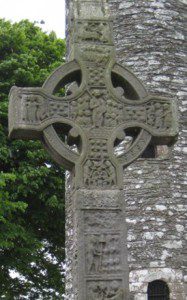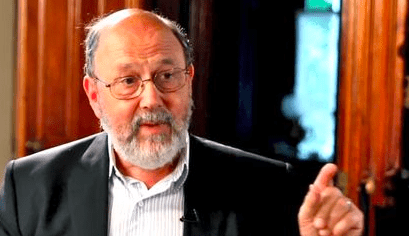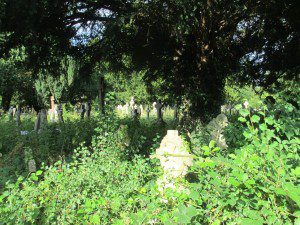 Every pastor has been asked this question: What happens when we die? In fact, the pastor often hears this question more poignantly in these terms: Where is my father/mother/brother/sister/friend now? This puts the pastor on the spot to be both theologian (what does the Bible/Christian tradition say?) and judged (with God or not?).
Every pastor has been asked this question: What happens when we die? In fact, the pastor often hears this question more poignantly in these terms: Where is my father/mother/brother/sister/friend now? This puts the pastor on the spot to be both theologian (what does the Bible/Christian tradition say?) and judged (with God or not?).
At this point saying it is all speculation, or we don’t know, or she’s in God’s hands now, or or or won’t do. Folks like to have some firm answers when it comes to their loved ones who have just died. The pastor’s responsibility is to minister to that person with the gospel.
So what do we tell folks? I wonder today if some pastors might speak up to how they answer such questions and what they’ve learned in pastoral ministry from such questions and from dying and death and funerals. And do you think Thiselton’s participant/observer view resolves the issue?
Tony Thiselton has what I think is a commendable approach, which he calls a “new approach” to this very question. He argues that in the history of the church Christians have favored one of two major interpretations: one argues the dead in Christ go immediately into the presence of Christ/God, and the other view argues that the dead in Christ enter into an intermediate state of deep sleep until the resurrection. Which seems to take us back to what most people don’t want to hear when they ask the question about Aunt Sally. But Thiselton thinks J.C. Ryle can help resolve this dilemma: Is it immediate or intermediate?
Both, Thiselton argues. How so?
First, we need to observe that there is biblical evidence for each view.
Immediate: Phil 1:23: “I am torn between the two: I desire to depart and be with Christ, which is better by far…”; 2 Cor 5:6: “Therefore we are always confident and know that as long as we are at home in the body we are away from the Lord.”
Intermediate: 1 Cor 15:52: “in a flash, in the twinkling of an eye, at the last trumpet. For the trumpet will sound, the dead will be raised imperishable, and we will be changed.” 1 Thess 4:16-17: “For the Lord himself will come down from heaven, with a loud command, with the voice of the archangel and with the trumpet call of God, and the dead in Christ will rise first. After that, we who are still alive and are left will be caught up together with them in the clouds to meet the Lord in the air. And so we will be with the Lord forever.”
Are we forced between two options? Do we have to choose? Thiselton contends we don’t. He argues, using the work of J.C. Ryle, that what we have here is different perspective depending on the difference between participant and observer. More of that shortly.
Luther argued that the dead in Christ go into a deep sleep and don’t know anything until the resurrection. Furthermore, those who die in Christ are “in Christ,” so that Moltmann can argue that isn’t an empty waiting room but instead an entrance into the realm over which Christ rules. Thiselton would argue that are “in” Christ and “with” Christ but not yet “conscious of being with Christ” (70).
Thus, he comes to this conclusion. For the dead in Christ, or existentially, the person immediately enters into the presence of Christ since that is how that person experiences the postmortem condition. But ontologically, or from the angle of the observer (the pastor, the family, the theologian), that person will be resurrected only at the Second Coming, the time at which that person (who has been sleeping/dead) becomes conscious of being with Christ. Thus, the language of both texts can be resolved through the difference between the participant and the observer.











